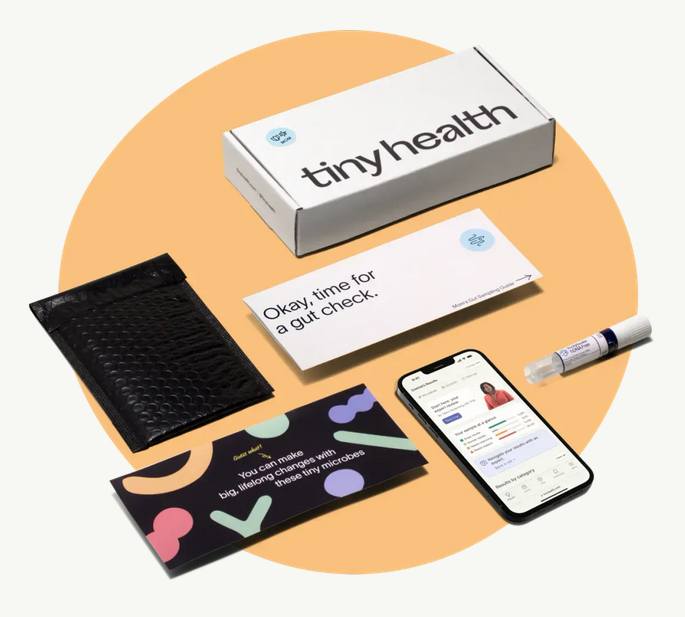Quality gut biome testing services: It’s never too late to test! Gut health matters at every age. And the sooner you have a baseline sample, the better. During the first year, a baby’s microbiome sees dramatic shifts. This path sets the trajectory for their health, all the way through adulthood. For this reason, we encourage parents to sample as soon as possible, from age 0 to 3 years old and beyond. A child’s gut is still maturing until the age of 3 to 5 years old. Up to this point, you have the best opportunity to check in on your little one’s gut health and make changes, if needed. Even if your child’s gut has reached maturity, you can still take steps to influence their health! For older children and adults, gut health testing can reveal a lot. Discover even more details on gut biome testing. Learn the best ways to support the gut – Get the tests, tools, and insights you need to improve wellness over time.
The gut microbiome and infant cognitive development – Did you know that the tiny organisms living in your baby’s gut can talk to their brain? Yep, they use something called the gut-brain axis to send messages back and forth. What foods should you introduce? Download our free ‘Eat the Rainbow’ guide. Scientists are just starting to explore how the gut microbiome could be linked to cognitive development in infants. While many studies suggest that the right balance of microbes during the first few years of life is important for brain growth, it’s important to note that these studies only show associations—not causation. Basically, research has found that certain types of microbes are linked to better cognitive outcomes in little ones, but they can’t say for sure if these microbes are the direct cause.
There are many tools and strategies to help improve your gut health. These include eating the best foods and taking supplements for gut health, or working with a gut health coach. Yet there is no one-size-fits-all approach to gut health. For example, taking a probiotic for the gut may be beneficial for some individuals. In others, it could do more harm than good. Imagine there’s already high levels of a beneficial microbe in your gut. Taking a probiotic could boost those levels to a point where they are too high, resulting in low diversity in the gut microbiome.
My child is struggling with eczema. What can a gut microbiome test tell me? Eczema, though a skin condition, can be influenced by what’s happening in the gut. It’s all part of the ‘gut-skin axis,’ where the gut microbiome, gut barrier, and immune cells chat back and forth. Essentially, what happens in your child’s gut may affect how their skin reacts to pesky microbes and environmental triggers. Gut microbiome testing offers a glimpse into the microbial community residing in your little one’s gut. While every gut microbiome is unique, in a healthy gut we want to see some bacteria at high levels, and others at low levels or even absent. We also know that depending on your little one’s age, we want to see a certain degree of microbiome maturation. If your child’s gut bacteria are out of sync, it could throw their skin health off balance. Equipped with this knowledge, you can steer your child toward better overall health and hopefully eczema relief.
Tiny Health screens for over 120,000 microbes. This includes bacteria, fungi, parasites, viruses, and archaea found in the microbiome. Each microbiome test kit includes a mess-free stool or vaginal swab with instructions. You return your kit in the pre-paid mailer, which goes to our CLIA and CAP certified lab for microbiome sequencing. In 3-4 weeks, you receive a precision report of your results. This includes personal, evidence-based suggestions to improve your gut or vaginal health. See even more info at tinyhealth.com.

